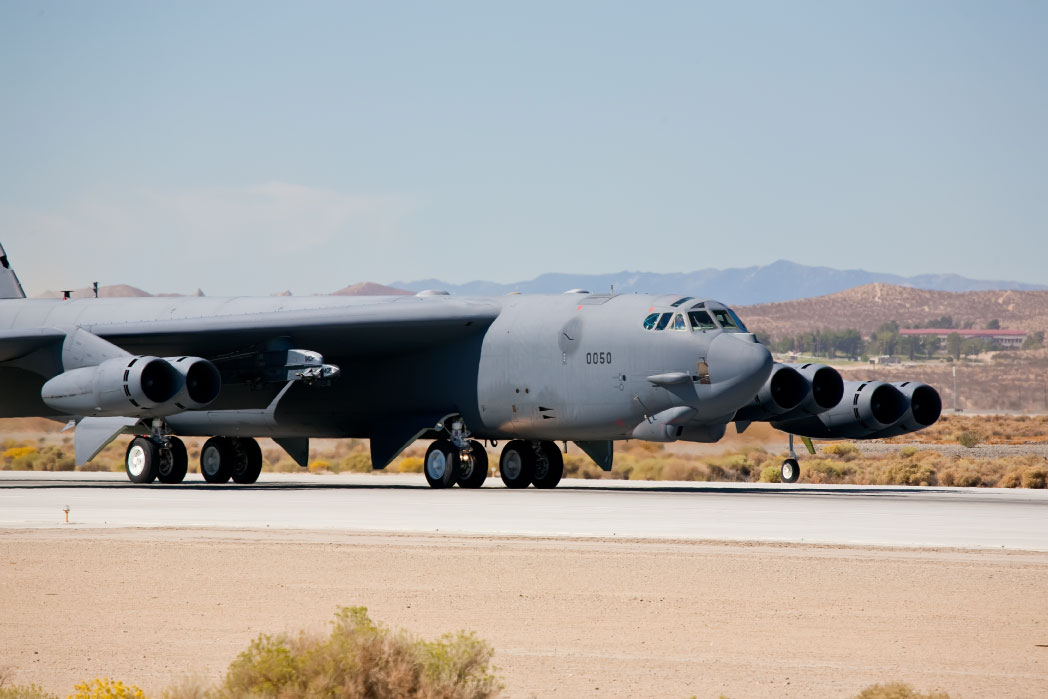The United States needs to cut military spending and shift money to two pressing threats: pandemics and climate change
The last year has made one fact quite clear: Spending huge amounts of money on defense has little to no impact on whether a country will be able to effectively protect its people and its economy from a pandemic. The COVID-19 pandemic vividly illuminated the many ways in which the American approach to national security has been fundamentally focused on the wrong threats. As US defense expenditures rose in 2020 to $778 billion—that is, almost 40 percent of total military spending in the world—a third of small US businesses closed either temporarily or forever, and, by June 2021, over 600,000 people in the United States had died from COVID-19.
The Biden administration had an opportunity to redirect the United States’ path away from endless war and all but limitless spending on the Defense Department. That path could and should have centered on the most imminent threats to our security: climate change and potentially pandemic infectious diseases.
But you wouldn’t recognize those as America’s top threats by looking at its spending priorities, which continue to prioritize the best interests of defense contractors over protecting the true national security. For example, the Defense Department has repeatedly accelerated production of weapons systems with immature technology before capabilities have been proven in testing. The end result of this practice included a decade of spending $46 billion on programs that were ultimately canceled. When that immature technology inevitably led to delays and increased costs, those programs took resources from maintaining the weapons and systems the United States already had, contributing, very likely, to preventable accidents. Smart cuts would stop production of major programs like the F-35 Joint Strike Fighter until testing is complete. Proper oversight of the defense budget would also challenge bureaucratic growth that inevitably follows when new entities are created. (One good example is the Space Force, which some in Congress are already criticizing for mismanaging its procurement programs.)
Nuclear spending is another area in which US priorities have flown completely off the rails. Over the course of a single year, the cost estimate for the nuclear weapons activities budget increased by $113 billion. The upcoming Nuclear Posture Review should seriously consider canceling a number of programs. For example, the sea-launched cruise missile is not only destabilizing—an adversary could not tell whether a US submarine-launched cruise missile had a nuclear or conventional warhead—but undermines the Navy’s ability to conduct its conventional missions. Canceling the program would save at least $10 billion over the next 10 years. Plans to modernize land-based intercontinental ballistic missiles could also be curtailed without compromising US national security.
